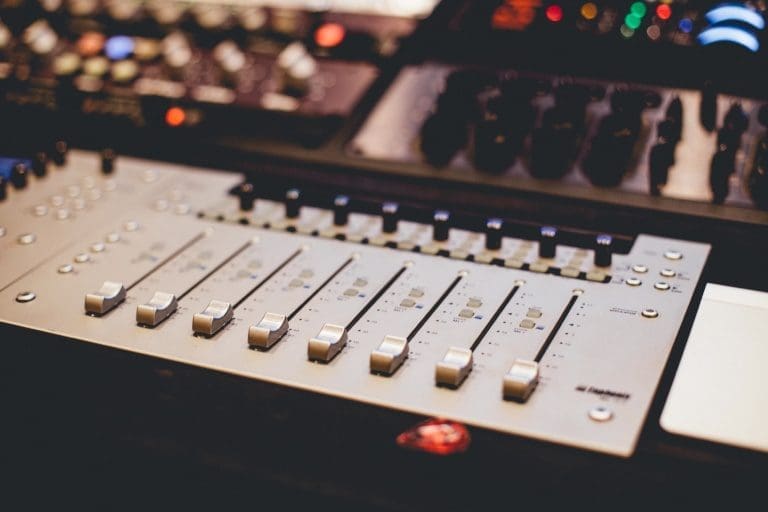
When it comes to getting better at audio engineering, you have a multitude of options — mentoring, apprenticeships, four-year universities, audio engineering schools, internships — even just learning by yourself, but what’s the right path toward a successful audio career? Is there a right path?
Well, while I can’t make that choice for you, I am here to make the case that attending audio engineering schools should be top of mind.
While there are varying degrees in quality and different types of audio engineer schools, I’ve noticed they typically have these traits:
It’s all about audio.
Audio engineering schools aren’t a mixed bag. It’s about one craft and one craft only, and that’s something not to take lightly. Every single piece of the institution is devoted to helping you grow in audio. The audio school isn’t splitting its budget with the music school; it’s singular in its purpose.
That means everyone you meet is into audio: the advisors you have, the students you hang out with during lunch, the alumni, and the teachers you learn from.
You have access to a like-minded community.
Following that thought, immersion in this style environment is incredibly helpful when growing professionally because the education doesn’t stop in the classroom. It becomes an integral part of your social life, which is important for future job opportunities. The chances are that some of your classmates will be your colleagues in the future, and those connections often prove to be invaluable.

You get hands-on experience.
I’ve heard so many experiences from traditional university students that have to wait two years before getting behind a board or actually working in a studio. Audio is a technical skill, and while knowing the theory is an integral part of being a successful engineer, you have to get hands-on experience.
Learning audio without actually using the gear is like reading about riding a bike instead of just hopping on. It doesn’t work. Audio engineering schools focus on creating an educational experience that feels akin to the real world. Your first gig after graduation should feel like (or even be easier) than school itself.
You make a tangible impact.
Some audio engineering schools even bring in real bands cutting real records for students to work with. That means you’re working in a professional setting while at school. It doesn’t get any more real than that.
You get into the industry quicker.
Most audio engineering school programs are six months to a year of intensive study. This is far quicker than spending four years at a university. You’re immersed in audio, connected with the industry, connected with peers, and then you begin using that to build your career foundation.
